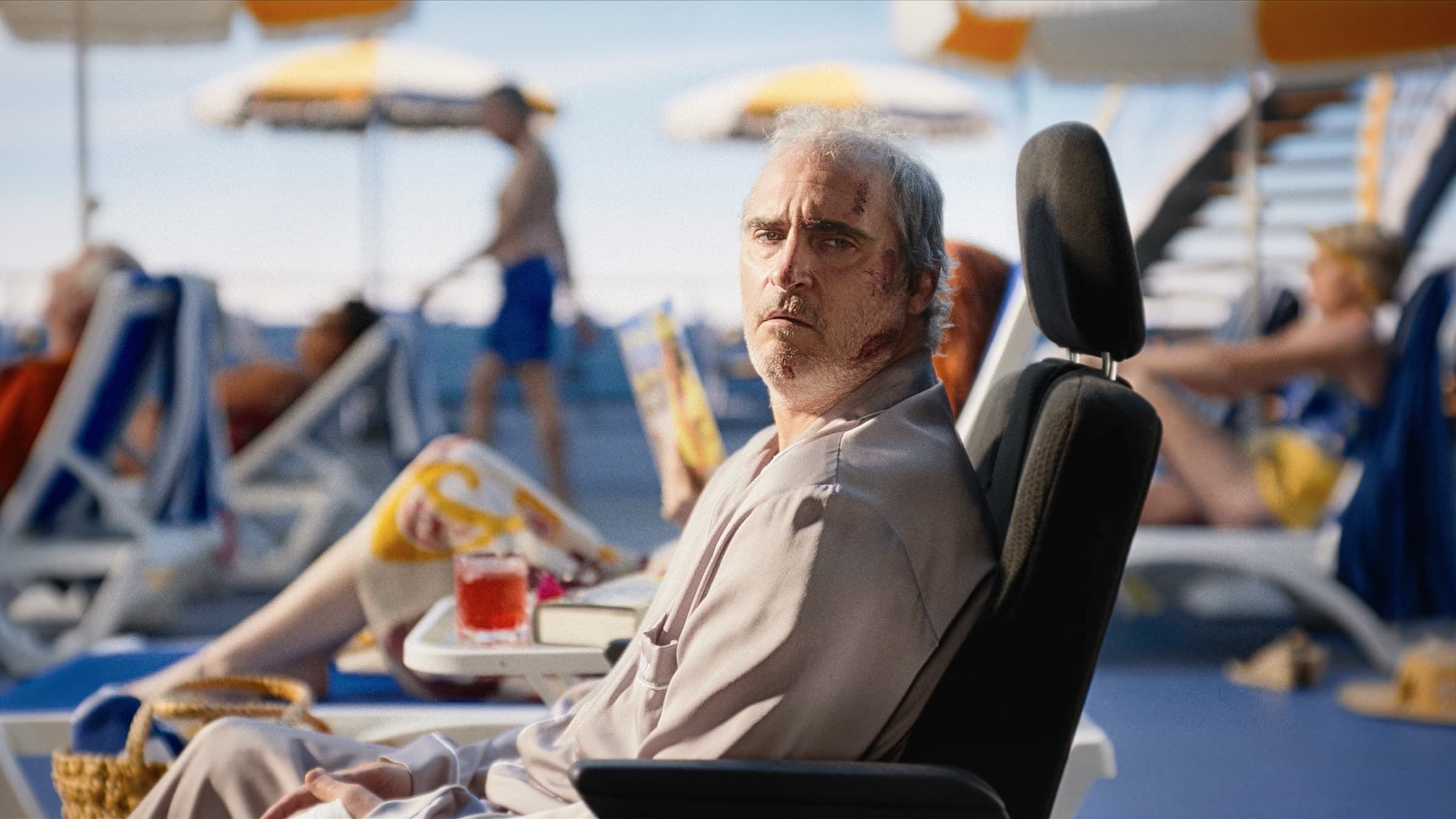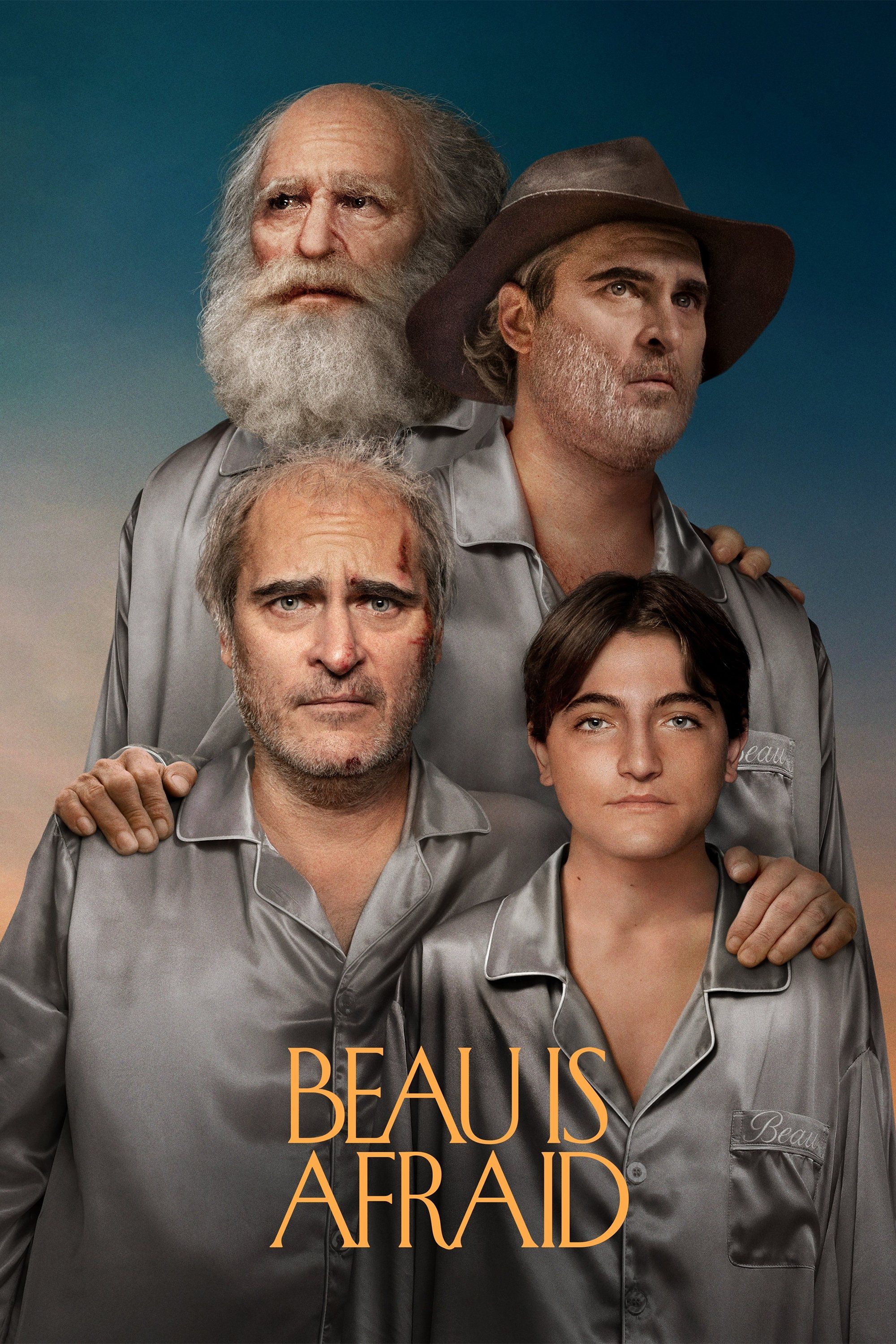As is Beau, I am afraid. The fear "Beau is Afraid" inspires lingers, both during the viewing and in its aftermath. While firmly within the horror genre, the film also elicits laughter and a sense of giddy surprise. These emotions don’t conflict but instead blend into a startlingly unique concoction. You might be tempted to think the film taps into primal guilt, like a slasher or gore-fest, to provoke catharsis. However, the humor here isn’t rooted in shock or bloodshed—it stems from the film’s sharp satirical lens.
Joaquin Phoenix delivers an astounding performance as Beau, embodying how anxiety shapes and distorts behavior. The world surrounding Beau might seem like a literal, absurd setting, but it’s also a commentary on the overwhelming nature of his anxieties. Director Ari Aster skillfully frames the narrative as a dual perception: we experience Beau’s distorted, fear-ridden view of the world while also recognizing the humor that arises from this perspective. This duality adds layers of meaning to Beau’s trauma and our understanding of the fear presented onscreen.
What does Beau notice that we do not notice? What does he not notice that we notice? The focus of the character's attention is ever shifting and constantly gives the audience room to question the validity of the fears itself. An anxious person may feel and react in ways we cannot relate to and the shifting focus forces us to see these new perspectives. The constant battle between fear and comedy is a tightrope walk that the film manages to pull off with grace.
By the time the third act of this five-act epic begins, it becomes clear that the film’s grand ideas, while impressive, feel stretched over the three-hour runtime. Moments of calm, meant to provide tension or relief around the frightening events, begin to lose their impact due to their relentless frequency. The third act, however, offers a much-needed pause—like a post-lunch nap—to let the audience decompress. Through stunning visuals and unexpected animation, the film uses this lull to shift emotional gears and prepare us for the next ratcheting wave of intensity. While this interlude serves its purpose, it still feels like padding. The length of the film with its severe emotions can't escape the limits of human endurance at no fault of its own.
From the opening scenes in Beau’s chaotic, lawless neighborhood, the film poses a central question: is the world around Beau truly uncaring, or is he isolated and desensitized by his own anxieties? The absurdities Beau faces, and the disparity between how he perceives them and how we, as viewers, react, provoke deeper dread. These moments force us to reflect on our own capacity for empathy—or lack thereof. Perhaps, like the world Beau inhabits, we too are uncaring in ways we’d rather not admit.

